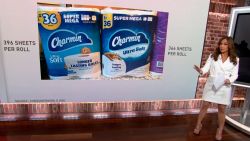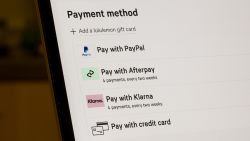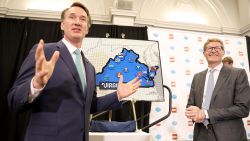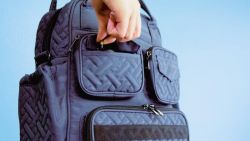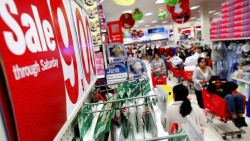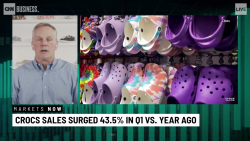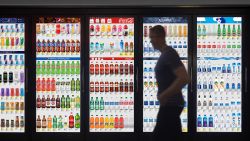America’s convenience stores are trying to shake off their reputation as gas stations with hot dogs on rollers and Slurpees inside.
On Monday, 7-Eleven said it would start delivering to “hot spots,” including parks, beaches and other public locations through its year-old 7-Now delivery app. 7-Eleven’s move, which is similar to Domino’s beach delivery launch last year, is the latest sign of convenience chains reshaping their businesses for the digital era.
Chains such as 7-Eleven, Wawa and QuikTrip are sprucing up stores, adding online delivery and offering craft beers and meal kits to woo customers.
“It’s a huge switch from what we would have historically thought to see in [convenience] stores. It’s more than just your salty snacks and a can of soda,” said Catherine Lang, who covers the industry at Kantar. “Now I can go in and get a meal on my way home from work. I can also grab private-label wine.”
Traditional players are responding to consumer trends and competition.
Shoppers who visit convenience stores tend to be younger and more diverse than the overall population. Nearly a third of Millennials shop at convenience stores at least once a week, according to Kantar data. And younger, time-strapped customers are demanding healthier foods, analysts say.
Dollar General (DG) and Target (TGT) are also targeting urban customers with new small stores, while Kroger has partnered with Walgreens to test “Kroger Express” mini-sections at select Walgreens locations. Other grocers such as Hy-Vee and Whole Foods are testing out convenience-style formats, too.
Meanwhile, Amazon reportedly has its eye on opening up to 3,000 small, cashier-less Go stores by 2021. And startups such as GoPuff and Cargo are attempting to disrupt the industry with speedy delivery and snacks in ride-sharing apps like Uber.
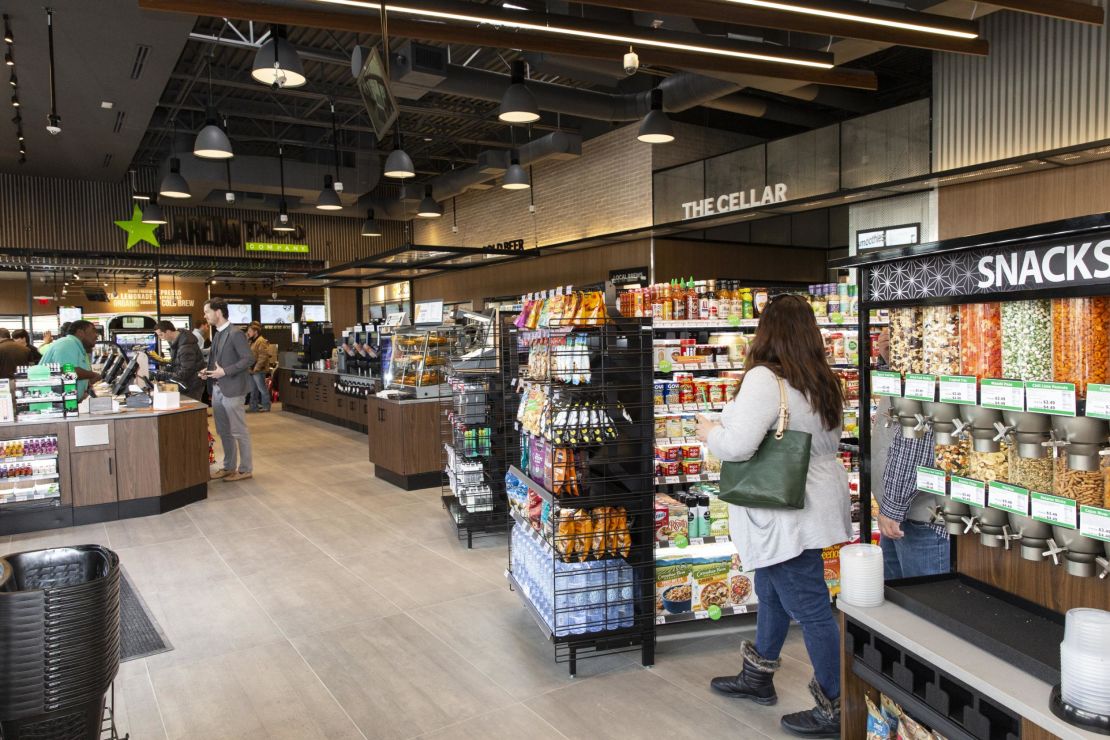
7-Eleven wine
There are more than 153,000 convenience stores in the highly fragmented US market, according to the National Association of Convenience Stores. 7-Eleven is the largest US chain with more than 9,000 locations.
Fuel sales made up the majority of the $654 billion Americans spent last year at convenience stores, according to the trade group. But convenience stores want to draw customers into their stores when they fill up at the pump and get them to buy higher-margin foods and drinks.
In recent years, top chains have focused on expanding their fresh food options to appeal to health-conscious customers looking for breakfast, a quick snack or a prepared meal for dinner, according to Euromonitor analyst Bob Hoyler.
7-Eleven has launched private-label meal kits and tested keto and paleo snacks at 125 Los Angeles stores, while QuikTrip has introduced made-to-order sub stations in two markets. Wawa, which has more than 800 convenience stores along the East Coast, has added custom salads, artisan sandwiches and organic coffee.
Chains are also adding new drinks to their stores such as Kombucha, cold-pressed juices and wine. 7-Eleven debuted Voyager Point, its own line of vino under $12, and launched Quake private-label energy drinks on Wednesday.
Kiosks and open kitchens
Mini-marts are trying to modernize their stores and make them more inviting for customers. They are adding kiosks to order food, seating areas and deli areas.
7-Eleven’s lab store in Dallas, which it calls an “experiential testing ground,” has a growler bar stocked with local craft beers, a bar with frozen yogurt and ice cream and patio and inside dining areas.
Wawa remodeled 50 stores last year, spending $1 million per store to freshen them up with new layouts and hand-spun milkshake machines.
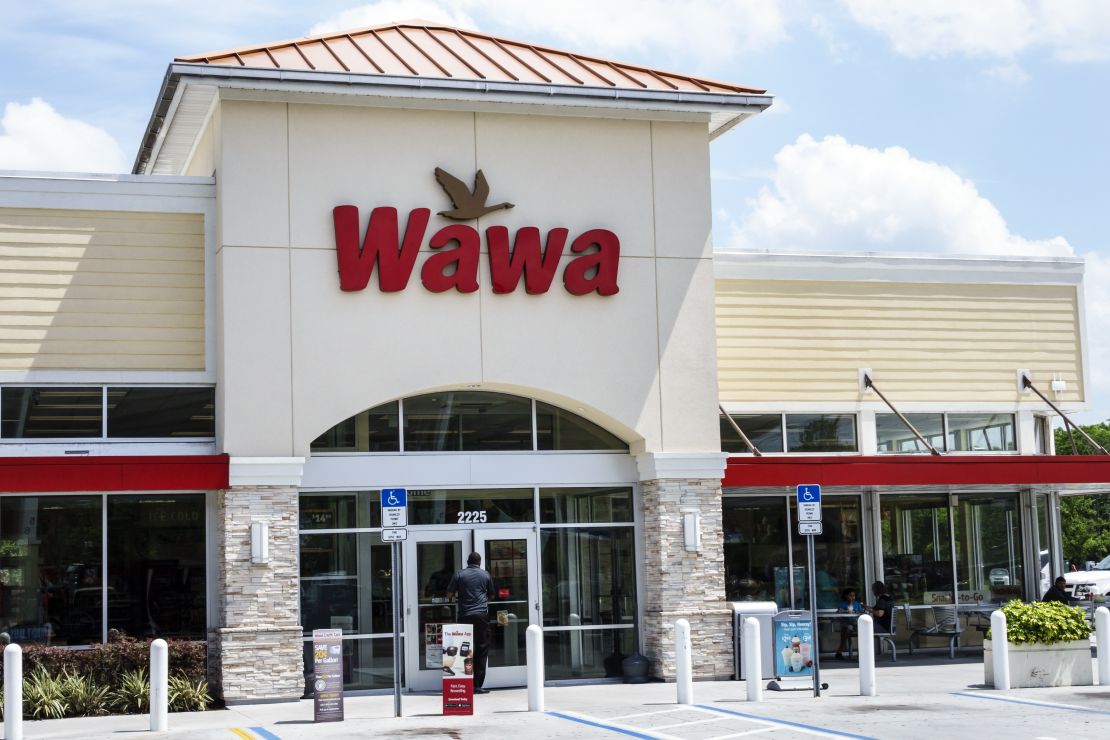
“No more outdoor restrooms, dimly lit aisles and seedy characters,” Lang said of convenience chains’ refitting their stores.
Digital expansion
Chains have also beefed up their home delivery and buy-online, pickup-in-store options to keep up with competition.
7-Eleven offers delivery in 27 metro areas through its 7-Now app, while Wawa partnered with Grubhub and Uber Eats.
These moves were direct counter to GoPuff, a “convenience store delivery app” that has expanded rapidly in dozens of cities, said Lang. GoPuff offers $1.95 delivery on more than 2,000 items from its own fulfillment centers.
In response to Amazon Go and Walmart’s cashier-less store test, 7-Eleven started piloting a self-checkout feature on its mobile app at 14 stores in Dallas. 7-Eleven’s scan-and-pay option allows customers to ring up Slurpees and snacks without waiting in line.
7-Eleven isn’t only trying to update its image for customers. It’s also signaling to potential job candidates that it’s an innovative retailer.
“We know times change,” one employee says in a 7-Eleven recruitment video. “We are trying to reinvent the brand through digital.”




